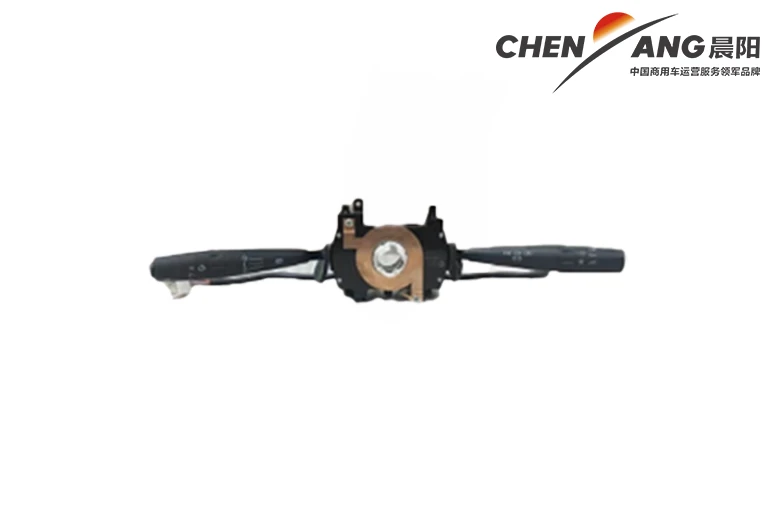motor oil for petrol car
Understanding Motor Oil for Petrol Cars A Comprehensive Guide
Motor oil is a crucial aspect of any car’s maintenance, particularly for petrol-powered vehicles. It plays a vital role in ensuring the engine operates efficiently, extends its lifespan, and helps in maintaining optimal performance. In this article, we will explore the types of motor oil available, how to choose the right one for your petrol car, and the best practices for oil maintenance.
The Importance of Motor Oil
Motor oil serves several key functions in a petrol engine. Firstly, it lubricates the moving parts, reducing friction and wear that can occur during operation. This is particularly important in engines, where thousands of components work together at high speeds and temperatures. Secondly, motor oil helps in cooling the engine by dissipating heat. It also cleans the engine by carrying away dirt and debris, ensuring that harmful particles do not accumulate and cause damage. Finally, motor oil creates a seal between the piston rings and cylinder walls, which enhances engine efficiency and performance.
Types of Motor Oil
Motor oils come in several varieties, and understanding these can help you make the best choice for your vehicle. The primary types include
1. Conventional Oil This is the most commonly used motor oil and is derived from refining crude oil. It works well for general use in older petrol engines but may not offer the same level of protection as synthetic options.
2. Synthetic Oil Engineered for high performance, synthetic oils are chemically formulated to provide superior protection at extreme temperatures. They are ideal for modern petrol engines and can enhance fuel efficiency while reducing emissions.
3. Synthetic Blends Combining conventional and synthetic oils, these blends aim to offer a balance between cost and performance. They are often a good choice for drivers looking for enhanced protection without the price tag of full synthetic oils.
4. High-mileage Oil Formulated for vehicles with over 75,000 miles, high-mileage oils contain additives designed to condition seals and reduce oil consumption, making it a suitable choice for older engines.
Choosing the Right Oil
When selecting motor oil for your petrol car, consider the following factors
motor oil for petrol car

- Viscosity Rating This indicates the oil's thickness and its ability to flow at different temperatures. Common viscosity ratings include 0W-20, 5W-30, or 10W-40. It is essential to follow the manufacturer's specifications found in the car owner's manual for the best performance and protection.
- API Rating The American Petroleum Institute (API) provides ratings that indicate the oil’s performance level. Look for oils that meet or exceed the standards set by the manufacturer.
- Driving Conditions If you frequently drive in extreme temperatures, tow heavy loads, or engage in stop-and-go traffic, consider a synthetic oil or a high-viscosity oil for added protection.
Best Practices for Oil Maintenance
Regular oil changes are essential for maintaining your petrol car's performance. Here are some best practices to follow
1. Check Oil Levels Regularly At least once a month, check your engine oil level using the dipstick. If it’s low, top it up with the same type of oil used in your engine.
2. Change Oil at Recommended Intervals Follow the manufacturer's recommendations for oil change intervals, typically between 5,000 to 7,500 miles for synthetic oil and 3,000 to 5,000 miles for conventional oil.
3. Use a Quality Oil Filter Always replace the oil filter during an oil change to ensure that contaminants are removed from the oil circulation system.
4. Monitor Engine Performance Watch for signs of engine problems, such as knocking sounds or decreased performance, as these could indicate issues with the oil or other engine components.
Conclusion
Motor oil is a fundamental component in the maintenance of petrol cars. By understanding the types of oils available, how to choose the right one, and following best practices for oil maintenance, you can ensure your vehicle runs smoothly and efficiently. Always consult your owner’s manual for specific recommendations tailored to your car’s needs, and don’t hesitate to seek professional advice if you have any uncertainties. Regularly attending to your motor oil will not only prolong the life of your vehicle but will also help you avoid costly repairs down the line.
-
Premium Body Chassis Car Solutions Durable Car Body Chassis & Square Body Chassis ManufacturerNewsJun.10,2025
-
Passenger and Commercial Vehicles Versatile Solutions for Every Need High Performance, Reliable SafetyNewsJun.10,2025
-
12 Passenger Vehicles for Rent – Spacious, Comfortable Multi-Passenger Rental OptionsNewsJun.10,2025
-
High-Quality Auto Headlights Durable Designs & Wholesale PricingNewsMay.30,2025
-
70 Seater Coach Hire - Spacious & Reliable Group Transportation SolutionsNewsMay.30,2025
-
High-Efficiency Crop & Land Cultivation Machines for Modern FarmsNewsMay.30,2025
Popular products

























